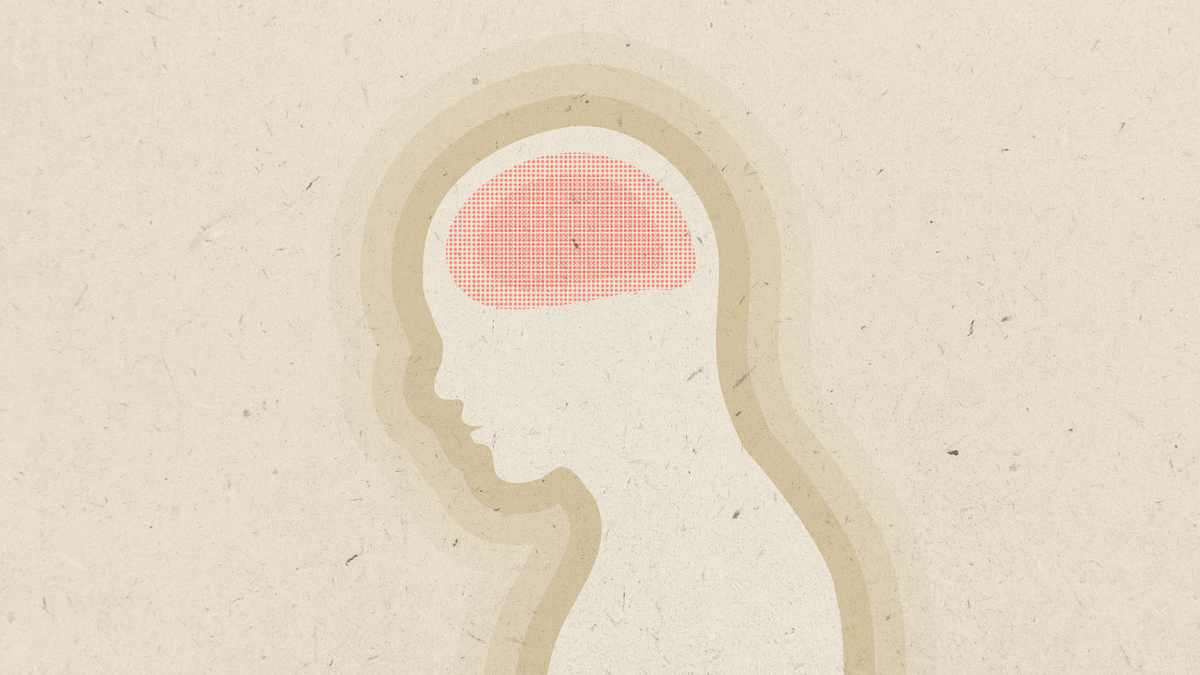Thousands honor World Suicide Prevention Day on social media
Posts also discussed a new study linking ADHD medication to an increased risk of psychosis.

Posts also discussed a new study linking ADHD medication to an increased risk of psychosis.
This past week, World Suicide Prevention Day on September 10 generated the largest spike in conversation about mental health, with posts across multiple platforms highlighting suicide prevention resources. Plus, a recent study linking ADHD medication to an increased risk of psychosis initiated discussion about the benefits and downsides of taking amphetamines to manage ADHD.While World Suicide Prevention Day has passed, communicators may continue highlighting suicide prevention tools throughout September, which is National Suicide Prevention Month. Communicators may also outline the benefits and potential risks of ADHD medication and share additional tools for ADHD management.

Insights brought to you by the reporters and science writers of Public Good News (PGN), a nonprofit newsroom dedicated to improving community health.
What’s trending nationally in conversations about mental health
On September 10, thousands of posts across multiple social media platforms acknowledged World Suicide Prevention Day. The posts promoted suicide hotlines, shared personal experiences of suicidal thoughts and words of encouragement for others experiencing suicidal thoughts, and discussed the importance of supporting loved ones who are struggling with their mental health. One popular post on X encouraged readers to “break the silence, offer support, and remind each other that we’re not alone.” That post received approximately 15,800 views, 1,000 likes, 170 reposts, and 40 comments as of September 18. All comments expressed gratitude and support.
A recent study published in the American Journal of Psychiatry found that taking amphetamines such as Adderall, which is used to treat ADHD and narcolepsy, and Vyvanse, which is used to treat ADHD and binge eating disorder, may increase the risk of developing psychosis, particularly with higher doses. Ritalin, another ADHD medication that is not an amphetamine, was not associated with an increased psychosis risk. Several news sites covered the study’s findings and shared the articles on Instagram, Facebook, and X. In the comments, some users said they’re “not surprised” this is the case, and many stated that the benefits of taking amphetamines to treat ADHD outweigh this potential risk. A few questioned whether prescribing amphetamines for ADHD management is ethical. One Reddit thread sharing an article about the study received approximately 2,900 upvotes and 730 comments as of September 18. The top comment, which received approximately 2,000 upvotes, read, “I thought we already knew that taking lots of amphetamines did that, no?”

Recommendations brought to you by the health communication experts behind Infodemiology.com.
Recommendations for public health professionals
Each week, the Infodemiology.com team will provide messaging recommendations in response to some of the trending narratives outlined above. These helpful tips can be used when creating content, updating web and FAQ pages, and developing strategy for messaging about mental health.
Throughout National Suicide Prevention Month, public health communicators may continue sharing suicide warning signs and the 988 Suicide & Crisis Lifeline, plus local therapist listings, mental health centers, and support groups. Communicators may also want to share resources for people who have lost loved ones to suicide and tips for supporting those who are experiencing suicidal thoughts.
Online conversations about ADHD medication provide an opportunity to share the types of ADHD medication, their benefits, and their side effects. In response to questions about amphetamine safety, messaging may explain that amphetamines are approved to treat ADHD in both adults and children. Amphetamines have been shown to reduce impulsive behavior and improve attention span, which helps people with ADHD perform necessary tasks at school, work, and home. Side effects may include anxiety, nausea, heart disease, erectile dysfunction, insomnia, fatigue, and vasculitis (inflammation of the blood vessels). While the risk of psychosis remains rare, experts recommend that patients talk to their health care providers about any mental health conditions in their family history before taking amphetamines. Sharing online tools for ADHD management that people can use in combination with medication or on their own is recommended.
